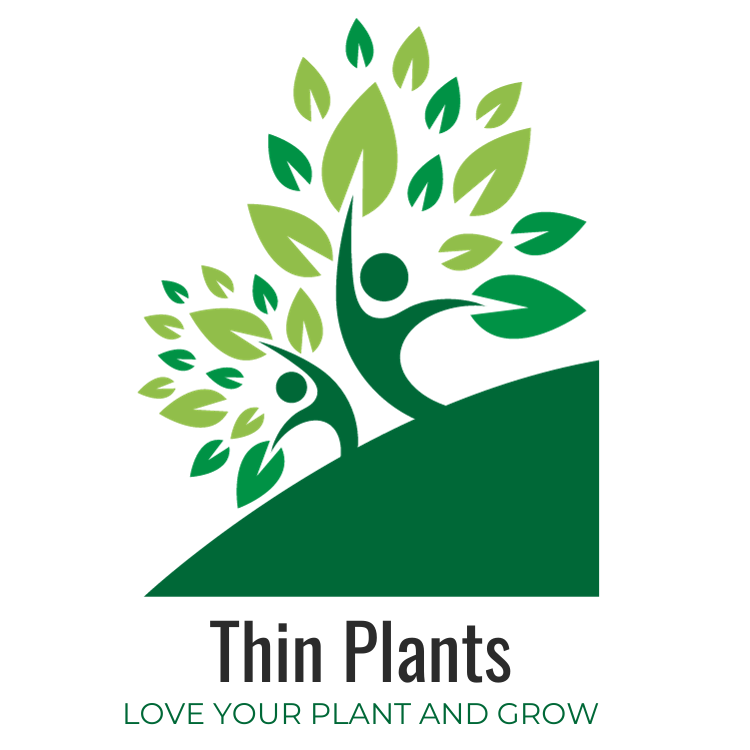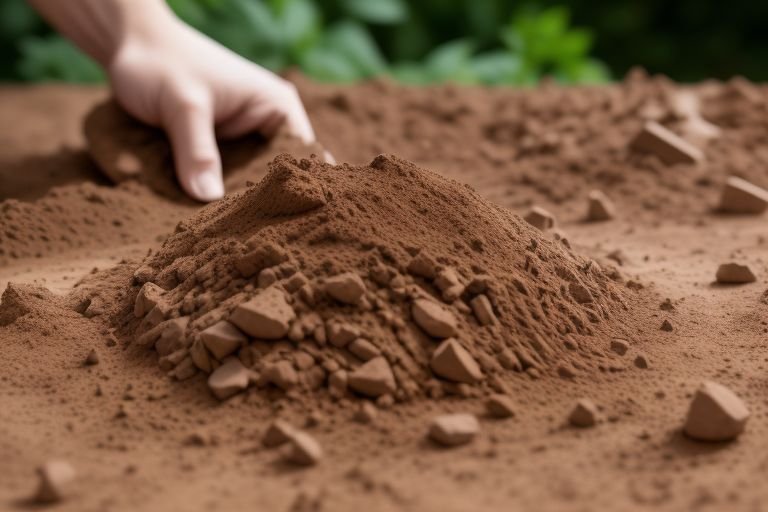Skills for Gardening Success: Tips & Tricks-2024
DATE : 15 July 2024 By : Tareq Qteshat

Table of Contents
ToggleSkills for Gardening
I’ve developed a robust set of skills that enable me to tend to my garden with precision and care, encompassing soil preparation, plant selection, watering techniques, pest and disease management, and maintenance strategies. I know how to test my soil to identify deficiencies, adjust pH levels, and replenish nutrients with organic matter like compost. I select plants suited to my climate, considering mature size, growth habits, and light requirements. I’ve mastered effective watering techniques, like drip irrigation and mulching, and can manage pests and diseases with a holistic approach. Now, let’s get into the nitty-gritty to reveal a thriving garden.
Key Takeaways
- Understand soil preparation essentials, including testing, pH adjustment, and organic matter addition for optimal plant growth.
- Select plants suitable for the climate and soil type, considering mature size, growth habits, and light requirements.
- Master effective watering techniques, such as drip irrigation, mulching, and targeted watering to conserve water resources.
- Develop skills in integrated pest and disease management, including regular inspections, biological controls, and cultural practices.
- Implement efficient garden maintenance strategies, including time management, tool organization, and regular upkeep to ensure a thriving garden.
Soil Preparation Essentials

I guarantee my garden’s foundation is strong by testing and amending my soil’s pH and nutrient levels before planting, as this essential step sets the stage for a thriving harvest.
Soil testing is pivotal to identify any deficiencies or imbalances that can hinder plant growth. I collect soil samples from different areas of my garden and send them to a lab for analysis.
The results provide an exhaustive picture of my soil’s pH, nutrient levels, and micronutrient content. Based on the test results, I adjust my soil’s pH by adding lime or sulfur as needed.
I also incorporate organic matter like compost to replenish nutrients and improve soil structure. Composting benefits include increased water retention, aeration, and fertility, creating a favorable environment for roots to thrive.
Plant Selection and Planning
With a well-prepared soil foundation in place, selecting the right plants for my garden’s specific conditions becomes a vital next step.
I need to ponder the climate of my region and choose plants that are suitable for the local temperature, rainfall, and sunlight patterns. This climate deliberation is pivotal to guarantee the plants thrive and don’t struggle to survive.
As I plan my garden layout, I think about the mature size of each plant, their growth habits, and their light requirements.
This helps me to create a harmonious and functional layout that maximizes space and minimizes maintenance. I also ponder the soil type and pH, as well as any specific nutrient requirements, to guarantee each plant receives what it needs to flourish.
Effective Watering Techniques
Proper watering techniques are essential to a garden’s success, as they directly impact plant growth, health, and productivity.
As a gardener, I’ve learned that effective watering techniques not only promote healthy plant development but also conserve water resources.
One of the most efficient methods I’ve adopted is drip irrigation, which delivers water directly to the roots of plants, reducing evaporation and runoff.
This approach allows me to target specific areas of the garden, minimizing waste and ensuring that each plant receives the right amount of water.
To take it a step further, I’ve implemented water conservation strategies, such as collecting rainwater in barrels and using it to supplement my irrigation system.
I’ve also mulched around plants to retain moisture and reduce soil temperature.
By adopting these techniques, I’ve noticed a significant reduction in water consumption while maintaining ideal plant health.
With drip irrigation and water conservation, I’m confident that my garden will thrive while minimizing its environmental footprint.
Pest and Disease Management

Maintaining a healthy and thriving garden requires vigilant monitoring for signs of pests and diseases, which can quickly decimate entire crops if left unchecked.
As a gardener, I’ve learned that a proactive approach is essential in preventing infestations and infections. I adopt an integrated approach, combining multiple methods to manage pests and diseases.
This includes inspecting my plants regularly, removing infected or infested areas, and using physical barriers to prevent spread. I also employ biological controls, such as introducing natural predators or parasites that target specific pests.
For example, ladybugs are effective in controlling aphid populations. Additionally, I use cultural practices that promote healthy plant growth, such as providing ideal light, water, and nutrients.
By taking a holistic approach, I’ve been able to minimize the use of chemical pesticides and fungicides, creating a balanced ecosystem that benefits both my plants and the environment.
With persistence and attention to detail, I’ve successfully managed to keep pests and diseases at bay, ensuring a bountiful harvest.
Garden Maintenance Strategies
I regularly implement a range of garden maintenance strategies to guarantee my garden remains productive, visually appealing, and sustainable over time.
Effective time management is pivotal in this regard. I prioritize tasks based on urgency and importance, allocating specific days for pruning, watering, and fertilizing.
This certifies that each aspect of my garden receives the attention it needs, without overwhelming myself with an unmanageable workload.
Another essential aspect of garden maintenance is tool organization.
A well-organized toolshed saves me time and reduces frustration. I label and categorize my tools, storing them in an accessible and logical manner.
This allows me to quickly locate the necessary equipment, making tasks more efficient and enjoyable.
By implementing these strategies, I’m able to maintain a thriving garden that’s both beautiful and bountiful.
Regular maintenance also helps prevent issues like pest infestations and disease outbreaks, which can be costly and time-consuming to address.
Frequently Asked Questions
Can I Garden if I Have a Small Outdoor Space?
“I can still garden with a small outdoor space by utilizing vertical planters and optimizing space with clever layouts, allowing me to cultivate a thriving garden even in compact areas.”
How Do I Balance Gardening With a Busy Schedule?
As I juggle multiple commitments, I prioritize time management by allocating specific hours for gardening, employing scheduling strategies like batching similar tasks and setting realistic goals to guarantee a harmonious balance between my busy schedule and gardening pursuits.
Are There Any Gardening Apps to Help Me Stay Organized?
“I swear by gardening apps like Garden Journal and Plant Tracker to stay organized. They help me log watering schedules, note weather patterns, and set reminders for pruning and fertilizing, ensuring my garden thrives despite my busy schedule.”
Can I Garden if I Have Physical Limitations or Disabilities?
I’ve found that, yes, I can garden despite physical limitations or disabilities. By leveraging accessible tools and adaptive techniques, I’m able to overcome obstacles and enjoy the therapeutic benefits of gardening, sans barriers.
How Do I Involve My Children in Gardening Activities?
I involve my kids in gardening by providing kid-friendly tools and creating engaging activities like scavenger hunts and gardening games, making it a fun, educational experience that fosters a lifelong love for nature.
Conclusion
Mastering the multifaceted magic of gardening mandates meticulous methods.
By marrying meticulous soil preparation with measured plant selection and planning, I’ve cultivated a canvas of vibrant energy.
Effective watering techniques and vigilant pest and disease management have protected my prized possessions from peril.
Through persistent garden maintenance, I’ve perfected a paradise of productivity, where petals unfurl and possibility blooms.
Tags: bloxburg gardening skill, bloxburg gardening skills, epic gardening, gardening, gardening basics for beginners, gardening for beginners, gardening for cheap, gardening hacks, gardening skills, Gardening Tips, gardening tips for beginners, gardening tips for vegetables, no dig gardening, Organic Gardening, organic gardening for beginners, productive gardening skills, Small Space Gardening, ultimate gardening skills, vegetable gardening, vegetable gardening for beginners









